Libraries have existed for thousands of years, evolving alongside human civilization. They began as repositories of knowledge, primarily for religious, governmental, or scholarly use, and grew into public institutions that democratize access to information. Here is a picture of one of the oldest libraries in the world.
My Relationship with Libraries
I had a love-hate relationship with reading books in libraries as a student. I grew up in Bahrain. My school library had lots of academic textbooks but few engaging fiction or non fiction titles. We got 40 minutes a week in this uninspiring space and all of us read the same books multiple times. We rushed to the library in case we knew there was a sole copy of a Goosebumps, Archie or other fun comic. This was a rare occasion.
Reading was not encouraged as an activity for leisure at my school. I read short stories or poems to pass exams. We rarely discussed these stories in depth. I would take my friend’s notes and by heart all the answers to questions that could be asked related to a text in the exam. I spent little time reflecting on the story. I was too busy growing up through other activities like sports or video games.
My mother noticed the same and got me a membership to a private library. She would take me there and let me spend the whole afternoon reading and browsing through the aisles. After several months of her consistent prodding, I slowly developed a relationship with comics and young adult books here. A few months later I graduated to other simple fiction and non fiction titles. I am thankful to my mother and this private library space for helping me develop a relationship with books that I deeply deeply cherish. Here is a picture of the library I spent many hours in as a child.
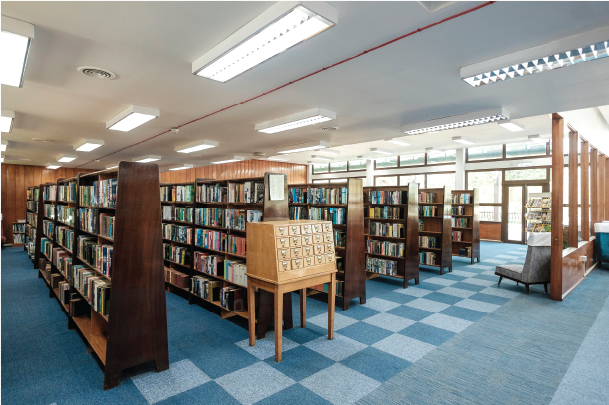

I then moved to India for my university education. Unfortunately the same situation played out in college where I struggled to find books I wanted to read in my college library. There was no established public library system in the city I had moved too for my university education. I was surprised and shocked by this realization. I spent many months looking for private libraries that I could afford on a student budget. Fortunately I stumbled upon one of the few large public libraries in my city. It took me three months to get a membership here because it limited access to academic scholars or past members. One day, I found two kind people that could give me a good reference near the entrance of this library. I got my membership through these references. I spent the next 4-6 years of my undergraduate and graduate study years borrowing and reading books from its collection. It had 2,00,000 books in its collection. There was a lot of reading to be done. Here is a picture of this library.
Things changed drastically when I immigrated to Canada for further education. For some reason the university I had chosen to pursue had a well stocked library. It also gave me access to a digital repository of academic papers and journals. It was like being a child in a chocolate factory. I borrowed and borrowed and borrowed books and stacked them all in my tiny student room. I had lots of reading to catch up on and very little time. These were happy times. Two years later, I finished university and moved to a suburb for my first job. I decided to find a home that was located close to a large community library. It was the best decision of my life. I stayed here for three years. I borrowed and borrowed and borrowed books and stacked them all in my basement bachelor pad. These were happier times. Here is an image of the university library (left below) and the community library (right below) I spent many hours at in my late twenties.
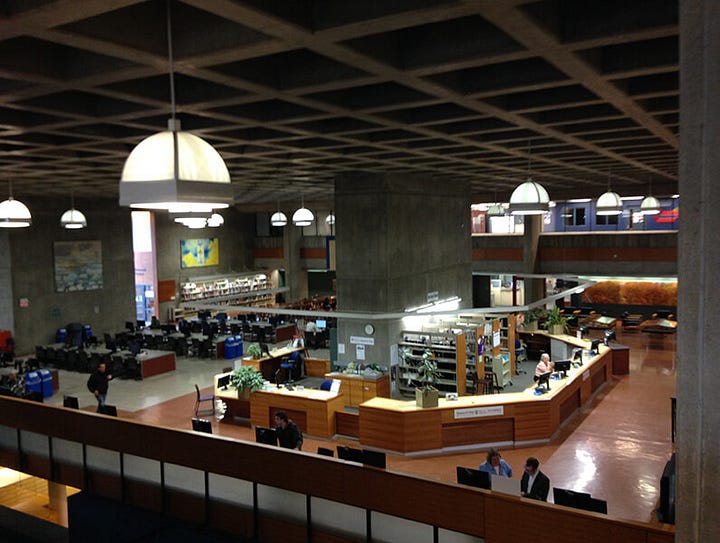
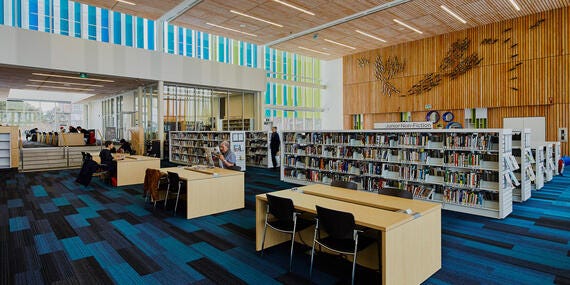
I think spending extended amounts of time in libraries was the most important part of my development as a reader. I grew up in three different countries and they all had very different library setups. I can confidently say that getting access to these libraries was pivotal to make me the reader I am today. In 2023 I challenged myself to read a book a week and was successful. Here is a video of me taking about that experience and the books I read that year (from my basement bachelor pad). Most of these books were borrowed from a library.
Libraries changed my life for the better. They made me a lifelong reader. I was curious about the history of libraries and then used the Internet to answer some questions…
Why were libraries created?
The word "libraries" comes from the Latin word librarium, meaning a place for books. These spaces were created to document and archive the best of human thinking over time and had several important reasons to exist including:
Preservation of Knowledge: Libraries began as archives to store important documents like legal records, religious texts, and historical chronicles.
Administration and Governance: Early libraries served rulers and administrators, helping manage state affairs.
Religious Purposes: Many early libraries were tied to temples and religious institutions, preserving sacred texts.
Education and Scholarship: Libraries supported scholars in their pursuit of knowledge and innovation.
Education and Lifelong Learning: Libraries provide resources that support formal education, self-directed learning, and skill development. They are central to promoting literacy, fostering curiosity, and enabling continuous intellectual growth at all stages of life.
Access to Information: Libraries make information accessible to all, regardless of economic status. This helps bridge the knowledge gap in society and ensures equity in access to educational and cultural resources.
Supporting Research and Innovation: Libraries serve as vital resources for scholars, researchers, and innovators. They provide access to specialized collections, academic journals, and databases necessary for advancements in science, technology, and the arts.
Community Building and Empowerment: Libraries serve as safe, inclusive spaces where individuals can connect, collaborate, and find support. They empower marginalized groups by offering resources tailored to their needs.
Archiving Local and Global History: Libraries document and archive local histories, oral traditions, and community records while also maintaining global and contemporary knowledge. This dual focus helps communities maintain a sense of identity and stay informed about global developments.
Entertainment and Leisure: Libraries cater to recreational interests through collections of novels, movies, music, and games. They provide an environment for relaxation and exploration of creative pursuits.
In summary, libraries are much more than book repositories. They are dynamic institutions that adapt to societal needs, acting as engines of education, equality, and cultural preservation. Their overarching purpose is to empower individuals and communities through knowledge and access.
But…
What were some key milestones in library history?
Libraries have been built and burned down several times over the ages. Here are some highlights of its history from medieval to modern times
2600 BCE: The first known library in the Sumerian city of Nippur, storing clay tablets with administrative and literary content.
7th Century BCE: The Library of Ashurbanipal in Nineveh (modern Iraq) was one of the first systematically organized libraries.
3rd Century BCE: The Library of Alexandria in Egypt became the most famous ancient library, aiming to collect all the world’s knowledge. The Library of Alexandria, a renowned ancient library, was burned down multiple times throughout its history, with the most significant events being the partial destruction in 48 BC by Julius Caesar and the later destruction by Christians and Caliph Omar.
4th-5th Century CE: Monastic libraries in Europe preserved classical texts during the Dark Ages.
8th Century CE: The House of Wisdom in Baghdad served as a library and intellectual hub for scholars in the Islamic Golden Age.
12th Century CE: Universities like Bologna, Oxford, and Paris established libraries to support academic study.
15th Century CE: The invention of the printing press revolutionized libraries by making books more widely available.
1602: The Bodleian Library at Oxford University opened, becoming one of the world’s oldest public libraries.
1731: Benjamin Franklin founded the Library Company of Philadelphia, one of America’s first subscription libraries.
1850: The Public Libraries Act in Britain allowed cities to establish taxpayer-funded libraries.
Late 19th Century: Andrew Carnegie funded the construction of over 2,500 public libraries worldwide.
1949: UNESCO established to promote international cooperation in education, including library development.
1990s: The digital revolution transformed libraries with electronic catalogs and online databases.
2002: The Bibliotheca Alexandrina in Egypt opened, inspired by the ancient Library of Alexandria.
Hmm. Lots of history. We have to discuss the future now….
How will libraries evolve in the future?
Libraries will evolve significantly in the near future in the following ways:
Expanded Digital Services: Libraries will increasingly provide remote access to vast digital collections, including e-books, journals, multimedia resources, and virtual reality experiences.
Focus on Digital Literacy: Libraries will play a critical role in teaching digital literacy, helping users navigate, evaluate, and ethically use online information.
Makerspaces and Innovation Labs: Many libraries are evolving into “creation spaces,” equipped with tools like 3D printers, robotics kits, and design software, fostering innovation and hands-on learning.
Community-Centric Roles: Libraries will double down on their role as community hubs, providing spaces for collaboration, events, and social services.
Preservation of Cultural Heritage: With advances in digitization, libraries will preserve endangered languages, local histories, and cultural artifacts for future generations.
Integration with Smart Cities: Libraries will integrate with smart city infrastructure, acting as digital hubs connected to other public services like transportation, healthcare, and education.
Evolution of Physical Spaces: While digital resources grow, physical libraries will remain important as social and cultural gathering spaces.
Enhanced Privacy and Data Security: Libraries will continue to uphold principles of intellectual freedom and privacy in an era of surveillance and data tracking.
AI-Driven Knowledge Curation: AI could transform how libraries curate and organize knowledge, making it easier for users to discover relevant resources from vast and complex collections.
Libraries Without Walls: Future libraries might transcend physical locations entirely, becoming entirely virtual ecosystems accessible from any device, anywhere in the world.
In summary libraries will remain vital institutions, adapting to the changing technological and social landscape. They will increasingly focus on being digital access points, innovation hubs, and centers of community engagement while preserving their core mission of promoting knowledge, equity, and lifelong learning.
Building a Library without Walls
I moved back to Mumbai in 2024 and realized that the problem of access to books still persists in this cultural and financial hub of the country. There is no recognized public library system in the city. There are a few private libraries scattered across the wealthier suburbs of the city. This was unfair. There must be some way to solve this problem of lack of access to physical books in the city at an affordable price. I decide to attempt to solve this problem by trying to build a library without walls using the internet and the private collections of book lovers in the city. The initiative is called Bookbond. You can find more information below.
Why build bonds through books in the city we call home? Why don’t we have more public libraries in our largest metros?
#Problem
I have lived in Mumbai for 10+ years and have struggled to find an accessible and affordable public library in the city. I’ve chatted with 100+ readers in the city and they shared many of the same concerns. Here is a low tech, no cost, community focused alternative. I’ve called this initiative, ‘Bookbond’ because I’ve built some of my closest bonds over conversations about my favourite books.
#Solution
I want to try to solve this problem by connecting readers in this city who are open to lending books from their private and owned book collection. I will open my own collection for members of this close knit community. I have 200+ books in my private home library that I have built over the last 10+ years by buying, curating and investing in books from stalls and stores across the city. I have added all these books to a list on Goodreads. I have connected with a few readers who are open to do the same and have agreed to create the same list. I have collected links to all these private libraries on an excel sheet.
#Participate
We currently have 250+ books in our crowdsourced library. My target is to reach 1000 books in the next few months. It shouldn’t be too hard in a city that has 20 million people. I was encouraged to start this initiative when I came across an old couple that has 1000+ books in their home library and wanted to give away or get rid of many of these books. It is unfortunate that even in a city like Mumbai our first impulse to access a book is to buy a physical or digital copy. This limits access to ideas and stories based on your background. Let us change this by building many such book bonds over time.
#Connect
DM me if you are a reader in the city that wants to help build this crowdsourced library. Share this post with a friend that loves reading in the city. I can share more details about how to create a digital list and the community lending/borrowing guidelines with you once we connect over Instagram. Here is a link to our Instagram account @bookbondbooks and a simple visual about how you can help us build Mumbai’s largest private library network.
Why libraries still matter in a digital world?
In a digital world with easy access to information we sometimes seem to forget that young readers do not become lifelong readers over night.
They need several years of encouragement and inspired support from the adults in their life that model good reading habits. They also need access to a wide variety of books about a diverse range of topics to feed their never ending curiosity about the fast changing world around them. The books they read as children shape their interests and career choices as young adults.
Libraries are powerful and transformative community spaces that help fulfill the above needs.
We need to invest more in our public and private library ecosystems. Start small. Start by creating and nurturing a private home library. Connect with other readers in your neighbourhood and extend this private network. Find the nearest public or private library and invest and support them in whatever way possible. Join book clubs or reading communities to find other readers in your area. But most importantly make space for books and make time to read them to each other in your busy daily lives because as Emily Dickinson reminded us
To travel far, there is no better ship than a book.
What are your memories of reading in libraries?
Share a happy library memory, library story or library picture from your childhood or adulthood in the comments.
Until next time,
Keep Learning.
Abhishek





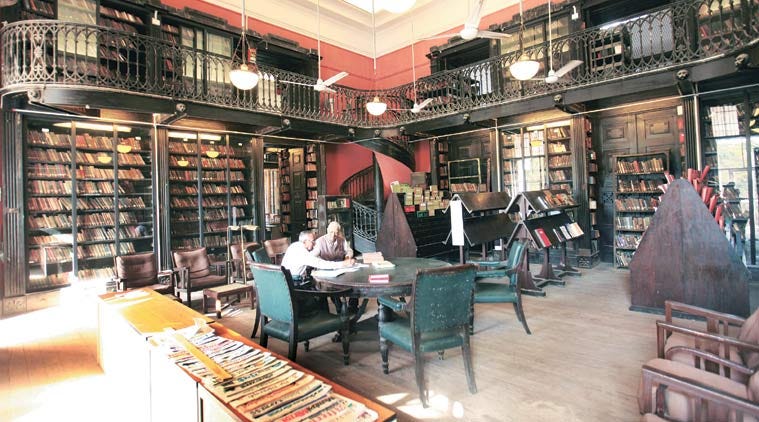
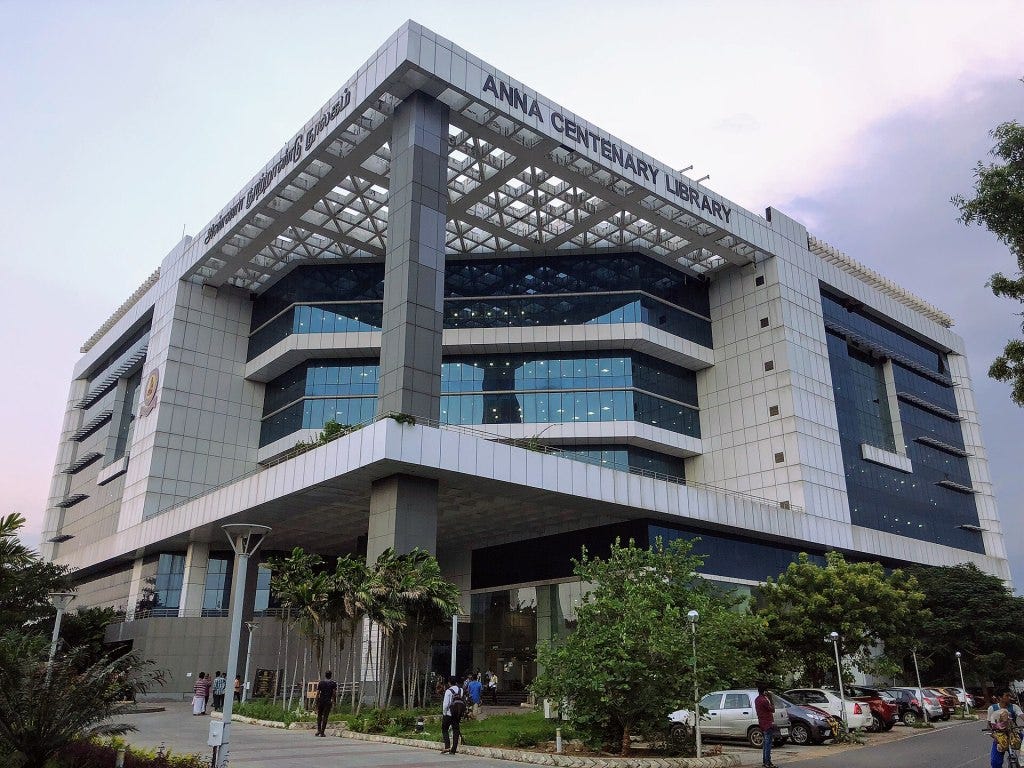
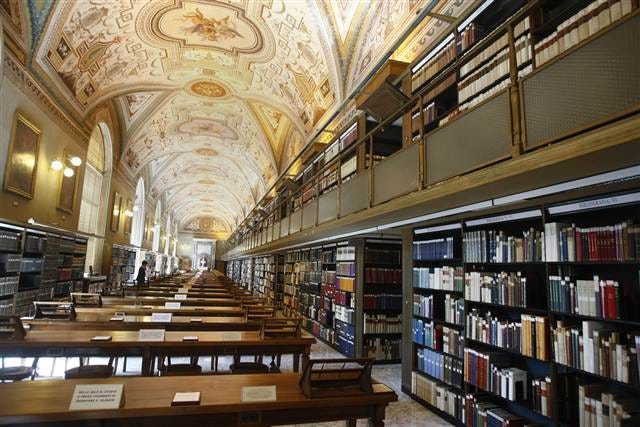


Abhishek, this post has come to me at the most opportune time. I am an avid reader and supporter of libraries. In fact, the scarcity of libraries in the city has always been an area of concern for me. Next month, my students are embarking on an academic project to document reading culture and design libraries. I will share your post with them as reading material. Thanks so much for writing this.
Sharing a piece I had written last year https://open.substack.com/pub/minazansari/p/a-walk-to-the-library?utm_source=share&utm_medium=android&r=223s19